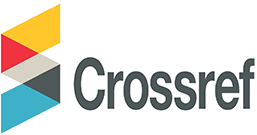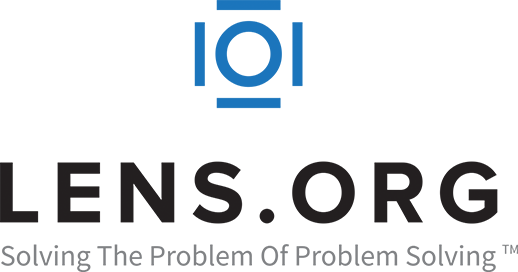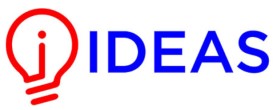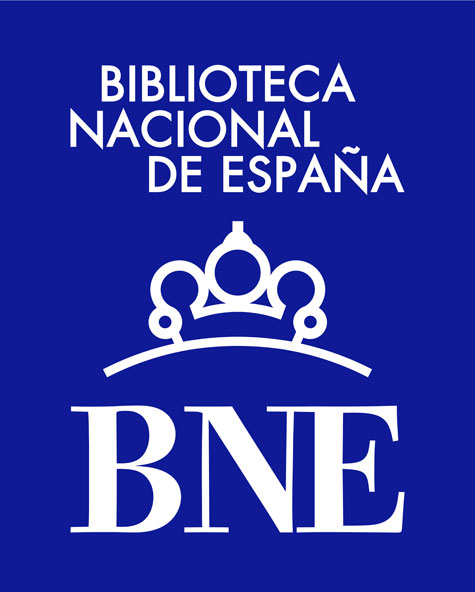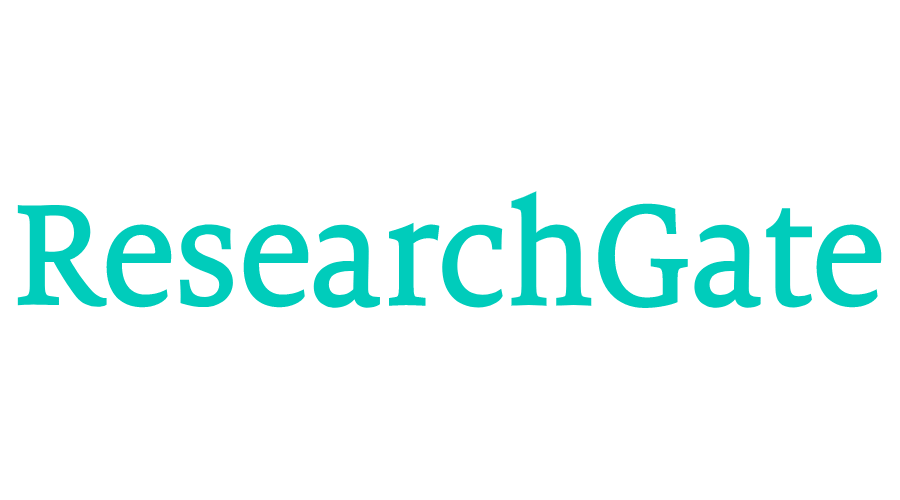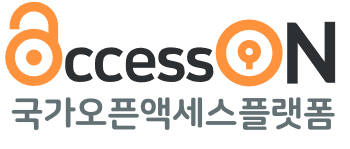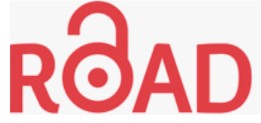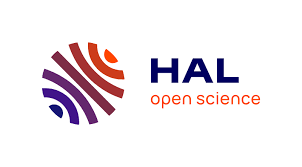Elites, think tanks and their influence on educational policies: the case of Inter-american Dialogue
DOI:
https://doi.org/10.51896/easc.v2i1.536Keywords:
Think tanks, educational policies, education governance, neoliberalism, Inter-American DialogueAbstract
This paper analyses the role of current think tanks in education policy based on the case study of the Inter-American Dialogue's education project, the most representative think tank at the educational level in Latin America, as well as the links that this organization has generated with other sectors in order to promote its education reform programme in government policies and the direction in which it is heading. The research methodology used was Critical Discourse Analysis (CDA), analysing the texts and documents produced by this think tank from 1995 to 2020. The findings show that Dialogue promotes global education policies in Latin America that underpin the neoliberal model of growth of the capitalist economy, increase the presence of private actors in education policy through so-called hybrid governance and open up new market niches for companies in the "education business".
Downloads
References
Atlas Network. (2022). Over 500 partners in almost 100 countries around the globe. https://www.atlasnetwork.org/partners
Almiron, N. (2017). Favoring the elites: Think tanks and discourse coalitions. International Journal of Communication, 11, 4350-4369. https://ijoc.org/index.php/ijoc/article/view/6670
Álvarez, C., & San Fabián, J. (2012). La elección del estudio de caso en investigación educativa. Gazeta de Antropología, 28(1), 1-13. DOI: 10.30827/Digibug.20644
Anónimo. (2016). Construyendo una educación de calidad: un pacto con el futuro de América Latina. 1a edición especial. Santillana. Edición para Diálogo Interamericano. https://www.fundacionsantillana.com/wp-content/uploads/2020/04/construyendo_una_educacin_de_calidad_web.pdf
Arnal, J., Rincón, D. D., & Latorre, A. (1994). Investigación Educativa. Fundamentos y metodologías. Labor.
Baertl, A. (2019). Think tanks and the private sector: Opportunities and challenges. On think tanks. Working paper 6. University of Bath and Universidad del Pacífico. https://onthinktanks.org/wp-content/uploads/2019/07/ABaertl_WP6.pdf
Bonds, E. (2010). The knowledge-shaping process: Elite mobilization and environmental policy. Critical Sociology, 37(4), 429-446. https://doi.org/10.1177/0896920510379440
Carpenter D., & Moss, D. (2014). Preventing Regulatory Capture. Special Interest Influence and How to Limit it. The Tobin Project. Cambridge University Press.
Castillo-Esparcia, A., Castillero-Ostio, E., & Castillo-Díaz, Ana. (2020). Los think tanks en España. Análisis de sus estrategias de comunicación digitales. Revista latina de comunicación social, (77), 253-273. https://www.doi.org/10.4185/RLCS-2020-1457
Codato, A., & Espinoza, F. (Eds.). (2018). Élites en las Américas: diferentes perspectivas. Editora UFPR.
Caetano, M., & Mendes, V. (2020). Think tanks, networks and business performance in education. Educar em Revista, 36, 1-17. https://doi.org/10.1590/0104-4060.75939
Contreras, D. (2020). Análisis de contenido analógico: una aplicación de la hermenéutica analógica para el análisis de contenido curricular. Revista Latinoamericana de Metodología de las Ciencias Sociales, 10(1), e071. https://doi.org/10.24215/18537863e071
Coronel, V., Stoessel, S., Guanche, J., & Cadahia, M. (2019). Captura y descorporativización estatal de las élites financieras en Ecuador. Colombia Internacional, (100), 147-174. https://doi.org/10.7440/colombiaint100.2019.07
Da Silva, N., & Dos Santos, I. (2022). Rede de Relações do Instituto Ayrton Senna: articulações para o substanciamento das parcerias público-privadas. Revista Exitus, 12, 1-24. https://doi.org/10.24065/2237-9460.2022v12n1ID1682
Díez-Gutiérrez, E. (2021). Gobernanza híbrida digital y capitalismo Edtech: la crisis del COVID-19 como amenaza. Foro de Educación, 19(1), 105-133. http://dx.doi.org/10.14516/ fde.860
Domhoff, W. (2014). Who rules America? McGraw Hill.
Feagin, J., Orum, A., & Sjoberg, G. (eds.). (1991). A case for case study. University of North Carolina Press.
Gramsci, A. (1971). Selections from the Prison Notebooks. Lawrence & Wishart Limited.
Hammersley, M. (2001). Some questions about evidence-based practice in education. En Pring, R. & and Thomas, G (eds.), Evidence-based Practice in Education (pp. 133–149). Open University Press.
Han, B. (2014). Psicopolítica: neoliberalismo y nuevas técnicas de poder. Herder.
Inter-American Dialogue. (2009). Program Report. The Dialogue. https://www.thedialogue.org/wp-content/uploads/2015/06/2009-Program-Report.pdf
Inter-American Dialogue. (2014). 2013-2014 Annual Report. The Dialogue. https://www.thedialogue.org/wp-content/uploads/2015/06/2013-4AnnualReportFinal.pdf
Inter-American Dialogue. (2016). Program Report. The Dialogue. https://www.thedialogue.org/analysis/2015-2016-annual-report/
Jarquín, M. (2021). La pedagogía del capital. Empresarios, nueva derecha y reforma educativa en México. Akal
Jarquín, M. (2022). Think tanks y reforma educativa en América Latina: la propuesta del Diálogo Interamericano. Tesis de Maestría. Universidad Nacional Autónoma de México. http://132.248.9.195/ptd2022/mayo/0825160/Index.html
Kvernbekk, T. (2013). Evidence-based practice: On the function of evidence in practical reasoning. Studier i Pædagogisk Filosofi, 2(2), 19-33. https://philpapers.org/rec/KVEEPO
Lubienski, C., Brewer, J, T., & La Londe, P. (2016). Orchestrating policy ideas: philanthropies and think tanks in US education policy advocacy networks. The Australian Educational Researcher, 43(1), 55-73. https://doi.org/10.1007/s13384-015-0187-y
McGann, J. (2021). Global Go To Think Tank. Index Report. 2020. Think Tanks & Civil Societies Program, The Lauder Institute, The University of Pennsylvania. https://repository.upenn.edu/handle/20.500.14332/48577
Medina-Vicent, M. (2023). Reacciones discursivas frente al movimiento feminista en el Estado español: Un análisis de la literatura antifeminista. RES. Revista Española de Sociología, 32(1), 150. doi: 10.22325/fes/res.2023.150
Medvetz, T. (2012). Murky power: “Think tanks” as boundary organizations. In Courpasson, D., Golsorkhi, D. & Sallaz, J. J., Rethinking Power in Organizations, Institutions, and Markets: Volume 34 (pp. 113-133). Emerald Group. DOI: 10.1108/S0733-558X(2012)34
Moschetti, M., Martínez-Pons, M., Bordoli, E., & Martinis, P. (2020). The increasing role of non-State actors in education policy-making. Evidence from Uruguay. Journal of Education Policy, 35(3), 367–393. https://doi.org/10.1080/02680939.2018.1562569
Ness, E., & Gándara, D. (2014). Ideological think tanks in the states: An inventory of their prevalence, networks, and higher education policy activity. Educational Policy, 28(2), 258-280. https://doi.org/10.1177/0895904813515328
Olmedo, A., & Wilkins, A. (2014). Gobernar la educación a través de los padres. Política educativa y construcción de subjetividades neoliberales en Inglaterra. Profesorado, 18(2), 99-116. https://digibug.ugr.es/handle/10481/33510
Ortiz, M. (2022). El método de estudio de caso. En Santos, I. & Pastor, S., Metodología de la investigación en la enseñanza-aprendizaje del español como segunda lengua, (pp. 153-169). Arco Libros.
Pinilla, J. (2012). Think tanks, saber experto y formación de agenda política en el Chile actual. Polis, 11(32), 27-41. http://dx.doi.org/10.4067/S0718-65682012000200008
Plehwe, D. (2015). The politics of policy think-tanks: organizing expertise, legitimacy and counter-expertise in policy networks. En Fischer, F., Torgerson, D., Durnova, A. & Orsini, M., Handbook of critical policy studies (pp. 358-379). Edward Elgar Publishing. https://doi.org/10.4337/9781783472352.00028
PREAL. (1998). El futuro está en juego. Informe de la Comisión Internacional sobre Educación, Equidad y Competitividad Económica en América Latina y el Caribe. Programa de Promoción de la Reforma Educativa en América latina y el Caribe PREAL. https://www.thedialogue.org/wp-content/uploads/2015/12/1998-Informe-de-Eduaci%C3%B3n-LAC.pdf
PREAL. (2001). Quedándonos atrás. Informe de la Comisión Internacional sobre Educación, Equidad y Competitividad Económica en América Latina y el Caribe. Programa de Promoción de la Reforma Educativa en América latina y el Caribe PREAL. https://www.thedialogue.org/wp-content/uploads/2016/05/2001-Informe-de-Progreso-Educativo-LAC.pdf
PREAL. (2006). Cantidad sin calidad. Un informe del progreso educativo en América Latina. Programa de Promoción de la Reforma Educativa en América latina y el Caribe PREAL. https://www.thedialogue.org/wp-content/uploads/2015/12/2006-Informe-de-Progreso-Educativo-LAC.pdf
PREAL. (2012). ¿Cómo contribuyen los empresarios a la mejoría de la calidad de la educación? Redes Empresariales por la Educación en Centroamérica, PREAL Documentos.
Quintana, A. (2019). Ten Steps for U.S. Policy on Venezuela. Heritage Foundation.
Royo-Bordonada, M. (2019). Captura corporativa de la salud pública. Revista de Bioética y Derecho, (45), 25-41. https://doi.org/10.1344/rbd2019.0.27783
Salas, A. (2018). Conocimiento y poder: las ideas, los expertos y los centros de pensamiento. Akal.
Salas-Porras, A., & Murray, G. (2017). Think tanks and global politics: key spaces in the structure of power. Palgrave.
Saura, G. (2015). Think tanks and education. FAES neoliberalism in the LOMCE. Education Policy Analysis Archives, 23(107), 1-19. https://doi.org/10.14507/epaa.v23.2106
Shalbak, I. (2015). The birth of think tanks. History, Theory and Politics in the Long American Century. Thesis. University of New South Wales. http://hdl.handle.net/1959.4/54753
Stake, R. (2005). Investigación con estudio de casos. Morata.
Tchubykalo, E., Manfredi-Sánchez, J., & Sánchez-Giménez, J. (2019). Think tanks and Political Influence. How Influencer Networks and the Specialization of Power Are Represented on Twitter. Trípodos, (45), 111-131. https://raco.cat/index.php/Tripodos/article/view/363336.
The Dialogue. (1998). 1998 Program Report. https://bit.ly/3XeBPiL
The Dialogue. (11 noviembre 2014). Comisión para la Educación de Calidad para Todos [entrada blog]. The Dialogue. https://www.thedialogue.org/blogs/2014/11/comision-para-la-educacion-de-calidad-para-todos/?lang=es
Uczak, L. (2014). O PREAL e as políticas de evaliaçao educational para á America Latina. Tese de Doutorado. Universidade Federal do Rio Grande do Sul, Brasil. https://www.lume.ufrgs.br/handle/10183/94732
Van-Dijk, T. (2009). Discurso y poder. Contribuciones a los estudios críticos del discurso. Gedisa.
Varela, M., & Mariño, M. (2023). Llorar fotografías. RES. Revista Española de Sociología, 32(1), 149. https://doi.org/10.22325/fes/res.2023.149
Verger, A. (2014). Why do policy-makers adopt global education policies? Toward a research framework on the varying role of ideas in education reform, Current Issues in Comparative Education, 16(2), 14-29. https://www.tc.columbia.edu/cice/pdf/33064_16_2_Antoni_Verger.pdf
Viales-Hurtado, R., Saénz-Leandro, R., & Garita-Mondragón, M. (2021). Transnationalization of science and technology policies in Central America. A network analysis 1955-2020. Iconos, 71, 37–58. https://doi.org/10.17141/ICONOS.71.2021.4830
Viseu, S., & Carvalho, L. (2018). Think tanks, policy networks and education governance: The emergence of new intra-national spaces of policy in Portugal. Education Policy Analysis Archives, 26(108), 1-23. https://doi.org/10.14507/epaa.26.3664
Williams, B. (2013). Influence Incognito. Edmond J. Safra Working Papers, 3. Harvard University. https://dx.doi.org/10.2139/ssrn.2239839
Downloads
Published
How to Cite
Issue
Section
License

This work is licensed under a Creative Commons Attribution-NonCommercial 4.0 International License.
Usted es libre de:
- Compartir — copiar y redistribuir el material en cualquier medio o formato
- Adaptar — remezclar, transformar y construir a partir del material
Bajo los siguientes términos:
- Atribución — Usted debe dar crédito de manera adecuada, brindar un enlace a la licencia, e indicar si se han realizado cambios. Puede hacerlo en cualquier forma razonable, pero no de forma tal que sugiera que usted o su uso tienen el apoyo de la licenciante.
- NoComercial — Usted no puede hacer uso del material con propósitos comerciales.





